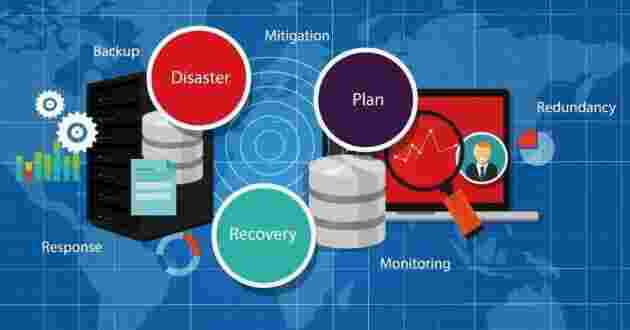Data Backup: Why It’s Important And How To Keep Your Files Safe
Data backup provides peace of mind that your files can be restored in case something bad happens in your device.
Data backup provides peace of mind that your files can be restored in case something bad happens in your device. However, 30% of people don’t back up their files. If you’re one of them, here’s why you should backup and some tips to keep your files safe.
One in every ten computers are infected with viruses each month and about 70 million people around the world lose their cellphones each year. These are just few examples of how a person or an organization can lose important files permanently. Whether it’s a mobile phone, tablet, laptop, or a desktop computer, your device will have files that are too valuable to lose. Like wedding photos, work reports, important documents, or your theses files.
Losing important files can negatively affect your studies, job, business operation, or can be a lifetime regret for losing treasured photos of irreplaceable events. Fortunately, you have the power to avoid these devastating incidents from happening to you. Here’s how to secure your files and make it last even for a lifetime.
There are three ways to backup your files. In a flash drive, external hard drive, and cloud.
- Flash drives – this refers to small devices that are easy to insert and remove from computers. They are thumb size, compact, and compatible to desktops and laptops making them the most preferred choice of backup for presentations. For instance, school reports or business demonstration. Flash drives have the smallest storage capacity of the storage types, ranging from 1GB to 256GB. Hence, they are not appropriate for huge number of files.
- External hard drives – like flash drives, these storage devices are removable and portable. They can be connected to computers via cables. Hard drives have more storage capacity than flash drives. Anywhere from 1TB to 10TB. They are reliable for saving all the files in your computer.
- Cloud storage – This type of backup allows you to secure your files on a remote location. Which you can access via internet from any devices. Cellphones, tablets, laptops, and desktops. Most popular cloud storage services you probably already heard of or used are Google Drive, OneDrive, Dropbox, and iCloud. All of which allows large amount of storage space and can be run automatically. So, you don’t have to worry about forgetting to backup your important files. Saving data on cloud gives peace of mind from device failure, theft, or natural disasters such as floods that can damage your device. Unlike flash drives and external drives.
All these three methods of data backup are safe and useful. However, I recommend following the rule of three when backing up important files. Keep a copy of your files in your computer, save another copy in a removable drive (either flash drive or external hard drive, depending on the file size and your preference), and save the third copy on a cloud storage. This way, you don’t have to worry about device failure, natural disaster, losing your device, or not being able to access your data because of no internet connection. You know your files are well secured and ready to be restored anytime you need them.
Isabella Whitmore likes to share tips about household, technology, health, and family. She works at https://electrickettlesplus.com, an appliance website that offers a wide selection of electric kettles.


